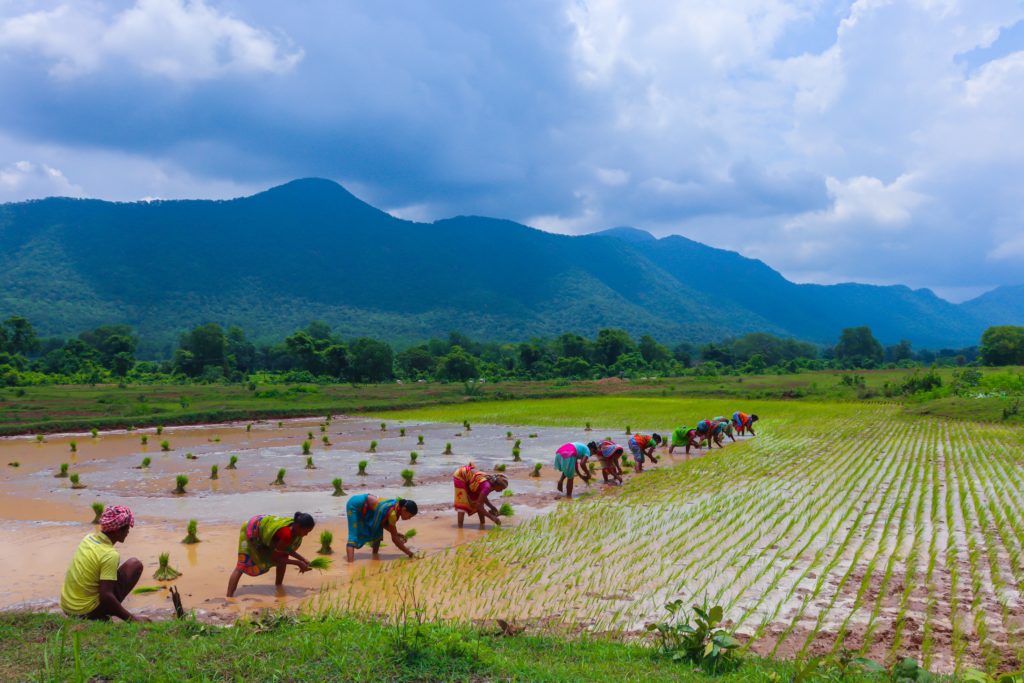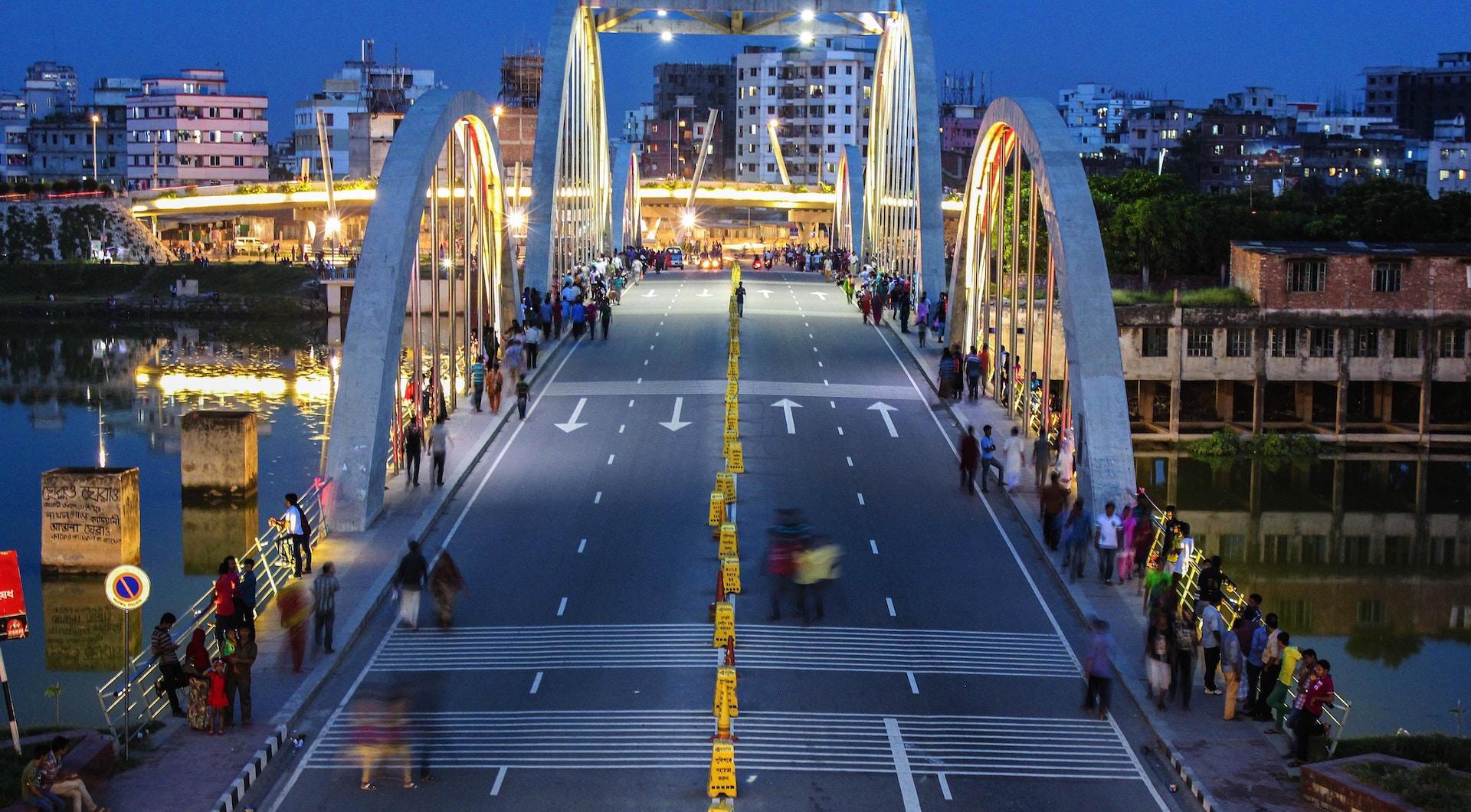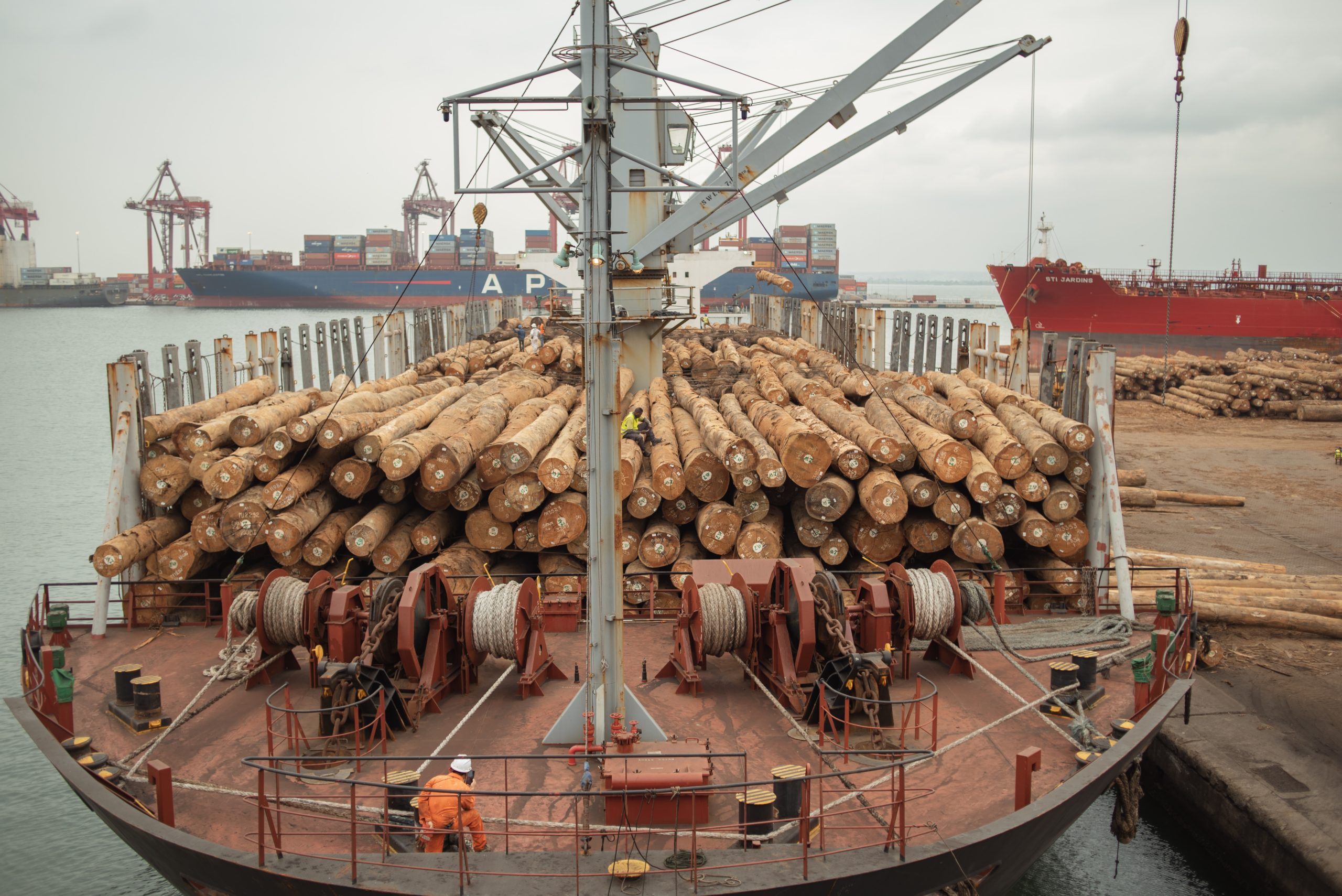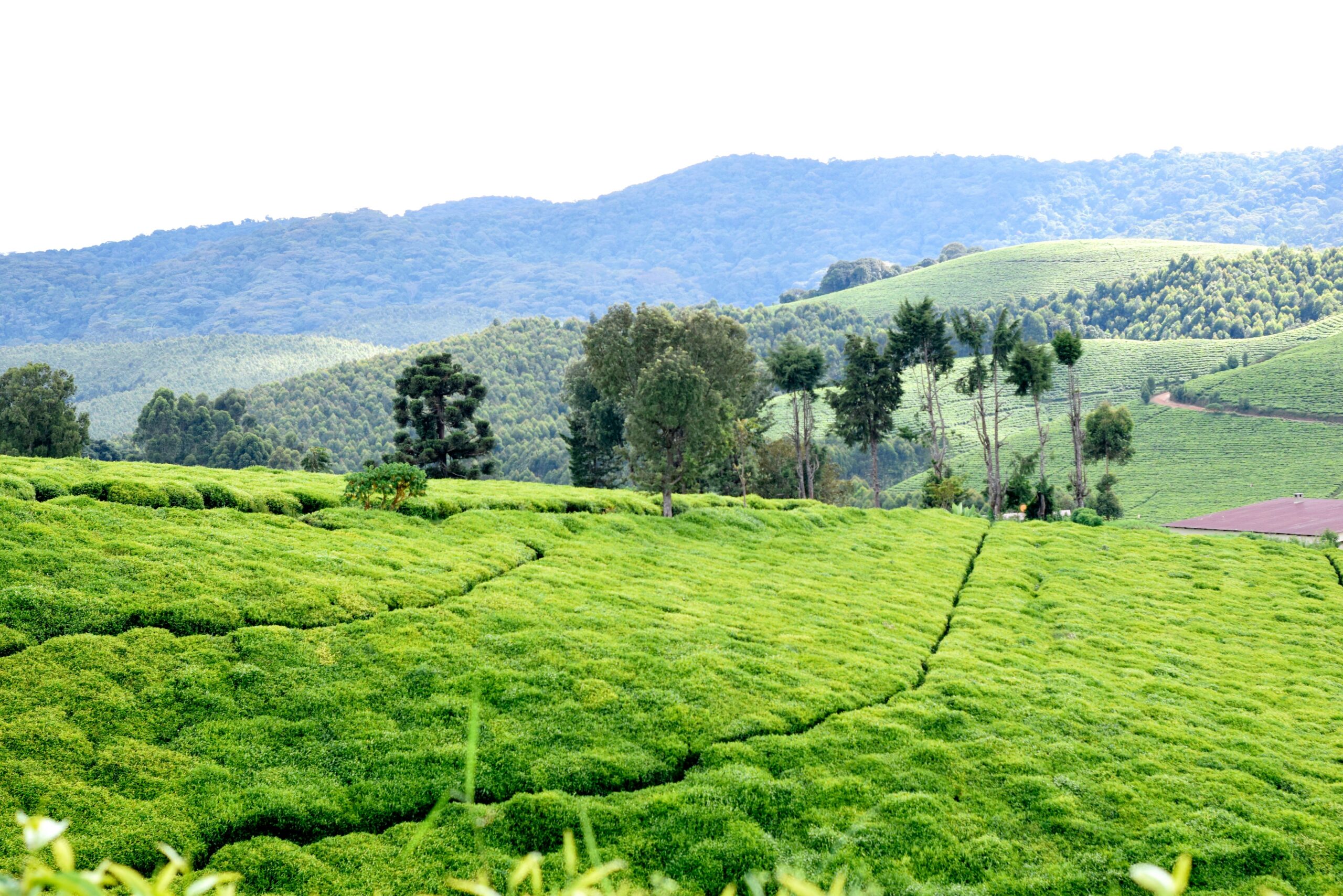Nearly 80% of Malians are employed by the agricultural sector, which accounts for approximately 33 percent of the country’s GDP. Mali has significant untapped agricultural potential, particularly in the southern and central parts of the country. About 127,000 hectares of organized agricultural land are managed by the Niger River Authority (Office du Niger), a state-owned company, mostly through controlling land transactions and water management. The government invites private national and international investors to start farming on Office du Niger holdings. The agriculture industry receives about 12% of the national budget from the Malian government, which also provides cotton subsidies. Despite significant prospects for investment, Malian agriculture is extremely susceptible to unpredictable rainfall and shifting commodity prices.

Leading sub-sectors
Cotton and cereals like rice, corn, millet, sorghum, and wheat are the main crops grown in this country. Shea butter, mangoes, peanuts, cashews, and biofuels are just a few of the agricultural sub-sectors that are still mostly untapped and offer special potential for investors. The production and transformation sectors for poultry and cattle in Mali present significant prospects as well.
Opportunities
Opportunities exist in farming, livestock, poultry, agribusiness, fertilizers, irrigation equipment, and animal feed. There may be economic opportunities as a result of the government’s efforts to modernize and equip the agriculture industry.
Market opportunities
The mining, agricultural, and energy sectors are likely to drive economic growth in this nation. But businesses may also find opportunities in the importation of new and used clothing, construction materials, mineral exploitation, water resource development, livestock, food and beverage processing, machinery, and energy. International tenders for development projects financed by donors provide opportunities to purchase irrigation, computer, construction, agricultural, and telecommunications products and services.
Market challenges
Beyond the country’s political unpredictability and unrest, this nation presents other difficulties for foreign investment. In addition to the lengthy and cumbersome administrative processes required to launch a firm, many government offices continue to be rife with corruption and bribery. According to investors, corruption is particularly rampant in the areas of purchasing, customs, paying taxes, administrative procedures, and land management. Despite recent initiatives to streamline property registration, both investors and regular individuals are concerned about how to manage and protect land ownership. The proper execution of corporate contracts, which depends on an unreliable legal system, cannot be guaranteed by recent reforms established in the mining, customs, and land administration. The tax authority took important steps to make it easier to pay taxes, but it’s still unclear how they will work.
An inadequate and unreliable electrical grid that frequently experiences power outages, especially during the dry season, is a problem for investors, particularly in the manufacturing sectors. A huge informal sector and inadequate transportation infrastructure are two other significant barriers to investment. For industries requiring more complex skills, like industrial mining, a lack of skilled workers is a barrier to expansion. Credit availability remains a significant issue. Because interest rates are high and local banks prefer to make short-term loans, even though many infrastructure projects require more long-term financial instruments. Due to their shared linguistic heritage and extensive historical ties with the Malians, French businesses operating in Mali typically have an advantage over their American counterparts.
Market entry strategy
This country continues to be a challenging destination for business, despite its desire to entice foreign investment. Strong local partnerships are often the key to a venture’s success, and many businesses feel that traveling to this nation is essential for gathering information and connecting with possible partners. However, since 2012, business and tourist travel to this country has been constrained by security concerns, notably in the country’s north and center.
You may also find these articles helpful
Market entry to Mongolia
Start a business in Asia
Market entry to Malaysia






